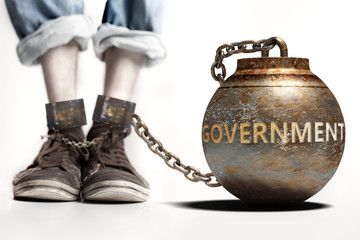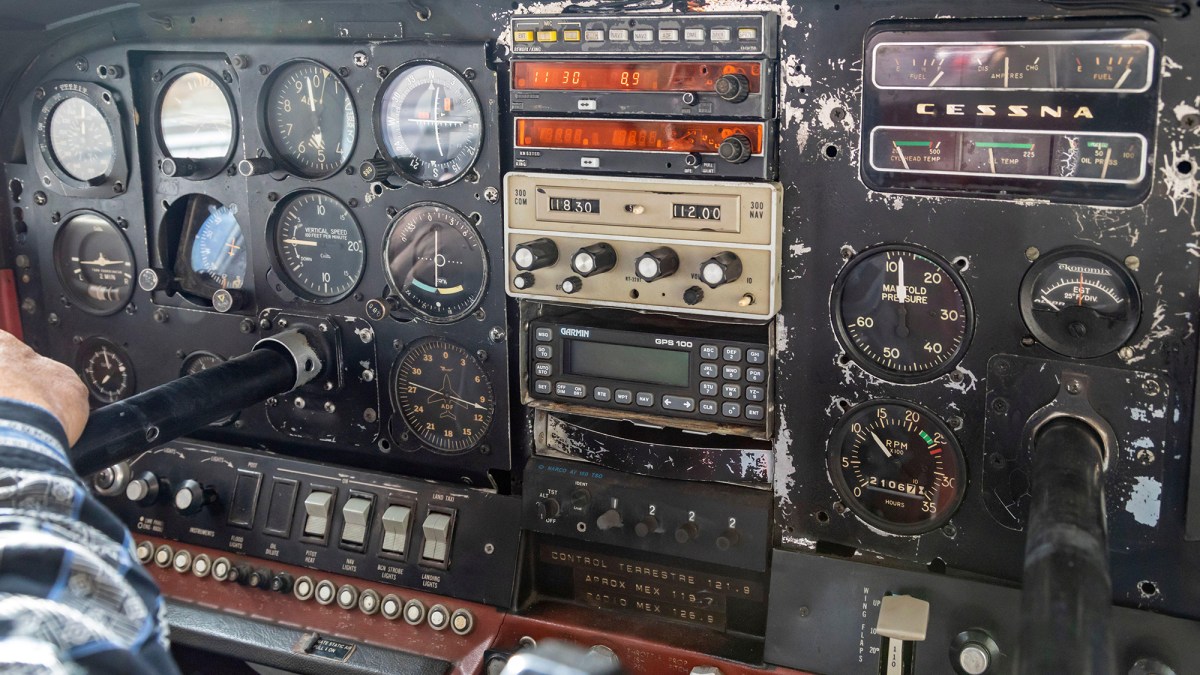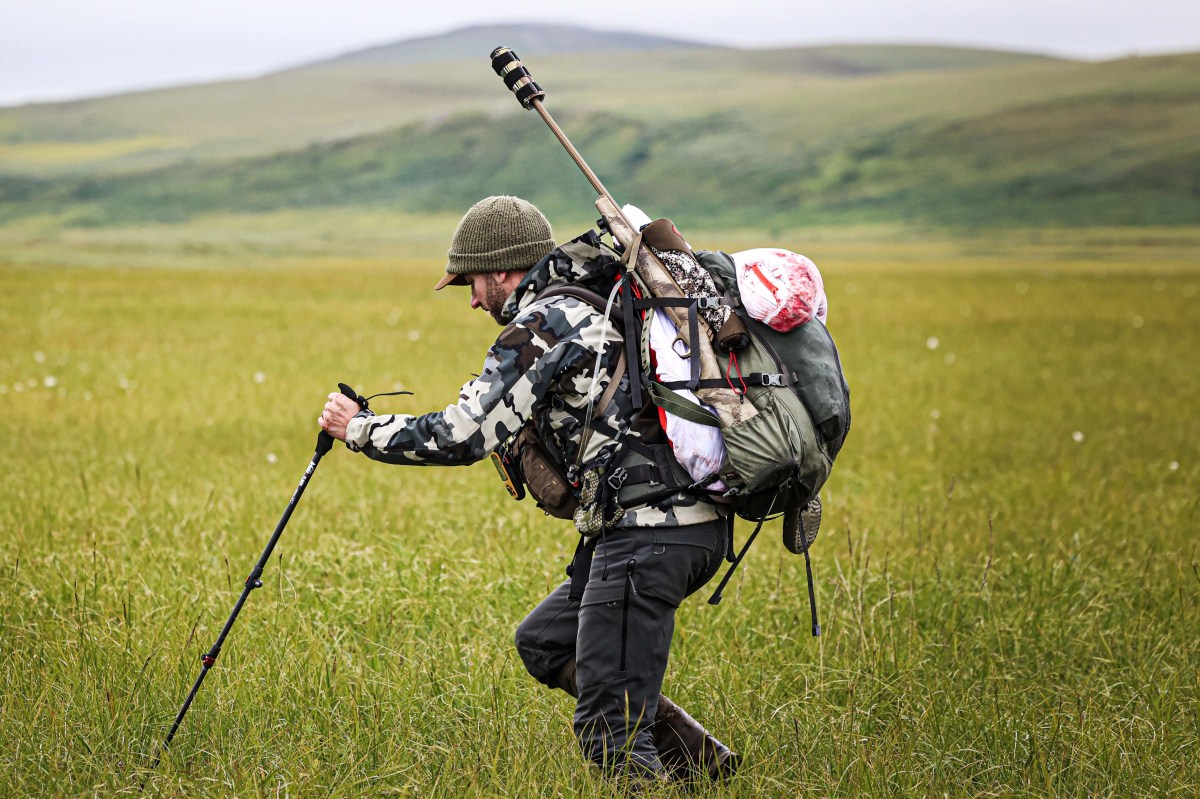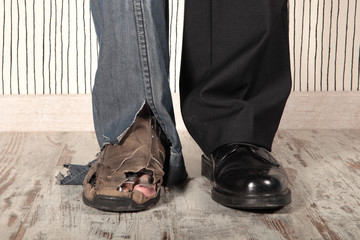How to Hide Your Phone From 3-Letter Agencies
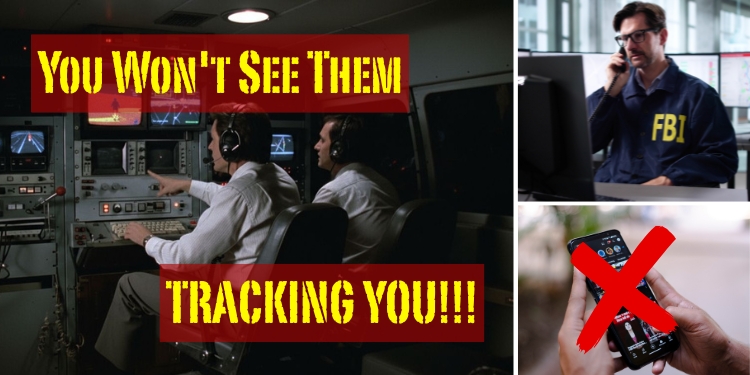
In a world where the government’s eyes and ears reach farther than most people realize, your smartphone can become a serious information liability. When used for the wrong purposes, your phone can be one of the easiest ways to be tracked, profiled, AND monitored. Agencies with three-letter names, like the FBI, CIA, NSA, and DHS, have both the legal tools and the technological muscle to do more than just pull location data. If they deem it necessary, they can potentially read your communications, texts, and emails. With certain phones, they might even be able to turn on your microphone or camera without your consent. In theory, they need a warrant for that but can you really trust them?
Even if you’re not a prepper, that invasion of privacy is unacceptable. It can become even more concerning if an innocent text message or joke gets interpreted the wrong way, like we often see with tweets in the UK, and you end up on a watch list. Or worse, you get arrested. This article will walk you through the mindset, the methods, and the practical steps to keep your phone and the data it carries out of the wrong hands.
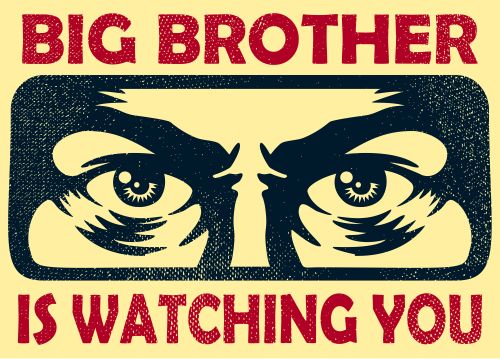 Understanding the Digital Information Landscape
Understanding the Digital Information Landscape
Hiding your phone from three-letter agencies is about more than just dodging “Big Brother.” It’s about protecting your operational security (OPSEC), your location, and your network of contacts in a crisis. There are many ways for unwanted eyes to access information on your phone.
Cell Tower Triangulation
Even with GPS turned off, your phone constantly connects to nearby cellular towers. This allows agencies to pinpoint your location within a few miles or even a few meters.
IMEI & IMSI Tracking
Every smartphone has a unique hardware identifier (IMEI) and SIM card identifier (IMSI). These can be logged every time you connect to a tower. Further leaving a digital footprint of where you are, as well as tracking a pattern of your movements.
App Data Sharing
 These days a lot of popular apps send your location and behavior data to commercial brokers and marketing firms. Every time you sign up for one, there’s usually some fine-print terms of use and privacy statement that allows them to use your data in certain ways.
These days a lot of popular apps send your location and behavior data to commercial brokers and marketing firms. Every time you sign up for one, there’s usually some fine-print terms of use and privacy statement that allows them to use your data in certain ways.
Some of those fine-print statements allow them to sell your data to other companies and government agencies. Some three-letter agencies even have provisions that allow them to access private data if they consider it necessary.
Over-the-Air Exploits
Some agencies can push spyware to your phone through cell networks without you ever clicking a link. Not to mention all the games, downloads, and verification apps out there from third parties that certain three-letter agencies can exploit for access to your smartphone’s camera or microphone.
Metadata Surveillance
Even if your messages are encrypted to hide the metadata of who you contacted, when, and how often, three-letter government agencies often have the means to decrypt them. In some instances, these data sets can be extremely valuable for building a profile.
NOTE: These vulnerabilities aren’t just limited to three-letter government agencies. Corporations and marketing agencies can use the same tactics in an effort to sell you things. Yet still grants them unwanted access to your smartphone’s information.
Surveillance isn’t just about your phone. It’s about power and control. And history shows, when control slips, the economy collapses fast. The last Depression blindsided millions—and it can happen again. Dollar Apocalypse is your survival guide to that moment: how to spot the early warning signs, what items become money when cash is worthless, and how to outsmart FEMA’s grip when the dollar dies.
Grab Dollar Apocalypse here before the next crash hits!
(Special Discount Available For Ask A Prepper Readers)
 How to Hide Your Phone from Unwanted Eyes
How to Hide Your Phone from Unwanted Eyes
The easiest way to hide your phone from three agencies is to not have one or bury it deep in the wilderness. Yet this isn’t really practical in today’s world. Instead, it’s better to use a multi-layer strategy to reduce your data footprint on the digital surveillance landscape.
Break the Psychological Attachment
Many preppers keep their phone with them 24/7, as it provides a sense of security and entertainment. That’s exactly what surveillance agencies count on. The more you carry your phone, the more you carry a tracker.
Take the time to assess all the situations in your life and whether you absolutely need to have your phone in your pocket to run to the store or pick your kids up from school.Try to create a “burner” mindset. Think of your phone as a disposable tool, not a digital appendage. Limit emotional dependency. If you’re checking your phone every few minutes, you’ve already lost the stealth advantage.
Don’t think of your phone as an entertainment device, as many of the games on it are designed to have a psychologically addicting quality. Instead of having your phone on at all times at home, it is better to just have all the information you need on one device that cannot be tracked. For instance, the Prepper Disk can be attached to any off-grid PC and give you access to 512 GB of survival content. This includes the WHOLE Wikipedia, maps of North America, Europe, and Oceania, over 90,000 guides, 60,000 ebooks from Project Gutenberg, and all the prepper/survival books you ever bought in a digital format if you want to. More about this fantastic resource here.
Control When the Phone Sees You
If your phone is on and near you, it’s giving away your position. The only surefire way to “hide” it from three-letter agencies is to prevent it from connecting to networks.
Just turning your phone off for a quick restart isn’t always enough, as some forms of malware can survive “off” states by simulating shutdowns. If possible, remove the battery, which is the most reliable way to kill tracking apps. If you can’t remove the battery from your phone, shut it off for an hour or more. You can then place it in a DIY Faraday cage, which will block all radio signals.
This complete disconnect from the network for more than an hour is often sufficient for the tracking app to stop collecting data. Blocking signals is just step one though. If you really want freedom, you need to learn how to live without the grid breathing down your neck. No Grid Projects shows you exactly how to generate power, secure water, build food systems, and stay independent when the system shuts off. Every blueprint is practical, field-tested, and designed for preppers who refuse to beg for scraps.
> > Get No Grid Projects and start building your off-grid escape!
Break Up Your Patterns
Your movements can be tracked via a wide range of apps. These are often related to retail stores and purchasing opportunities that have algorithms built into popular browsers. The location data sees that you’re near a store, and the algorithm is supposed to give you ads in your browser or other apps.
On the face of it, this sounds like it’s just a marketing technique. Yet all that pattern data is collected in apps and browser histories. If a three-letter agency wants to access it under the auspices of national security, they can. And there’s no way of knowing how they’ll interpret it. One way to reduce this tracking effect is to simply leave your phone at home when you go out shopping. Turned off. With battery removed. For real OPSEC, you may be better off traveling without it anyway.
Use Burner Phones and SIMs
When you do need a phone, consider using one that’s not directly tied to your identity. Purchase a burner phone with prepaid minutes using cash. Avoid buying from big-box stores that require activation with personal details.
Related: Do You Make These Fatal Mistakes In A Crisis?
You could also use prepaid SIM cards. Again, pay with cash and avoid linking them to your name. Then change devices often. Rotate both the phone and the SIM at random intervals to break data continuity. With this strategy, it’s important to never mix networks. Don’t log into your personal accounts from your burner device, which defeats the purpose. Also, remember that the moment you carry your burner in the same location as your regular phone, agencies can link them together.
Limit Digital Noise
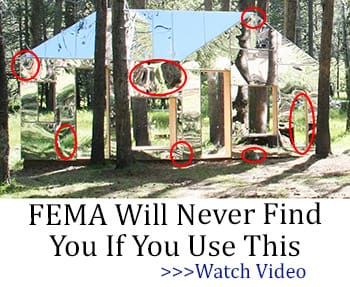 Even if you hide your location, the way you use your phone can expose you. Try to minimize the number of apps you use, and/or have multiple apps for the same purpose. Don’t just use the same GPS app over and over again when you need to find various places. Switch GPS apps and use apps from competitor companies that are far less likely to share their data.
Even if you hide your location, the way you use your phone can expose you. Try to minimize the number of apps you use, and/or have multiple apps for the same purpose. Don’t just use the same GPS app over and over again when you need to find various places. Switch GPS apps and use apps from competitor companies that are far less likely to share their data.
Try to avoid open-source software. Consider using privacy-focused Android builds like GrapheneOS or LineageOS. Then use Signal or Session for encrypted communication, but remember, encryption only hides the content, not the fact that you’re talking to someone.A good VPN can mask your IP address, but agencies with advanced resources can still correlate traffic patterns. So don’t think that logging into or out of your home and office VPN is foolproof.
Delete Unnecessary Apps
The more apps you have on your phone, the more ways your data can be tracked and transferred to three-letter agencies. If you’re not using an app for something important, delete it from your phone.
This is especially important for so-called “Verification Apps.” This new trend in smartphone apps is supposed to verify your identity by your face and/or your ID. Some platforms, like LinkedIn, are even requiring users to verify their identity via an app. If you do have to use one to earn a “Verification Badge,” make sure to delete it immediately afterward or verify using a burner phone.
Practice Real-World OPSEC
Hiding your phone is not just about tech, it’s about discipline. Never discuss sensitive plans over an unsecured phone. Assume it can be monitored.
Don’t trust convenience. Features like voice assistants, cloud backups, and “find my phone” are all potential surveillance gateways. Practice moving without your phone, using alternate communication methods, and staying situationally aware. And, one of the BEST things you could do is to never turn on your phone when at home. This is particularly true when referring to your secret bug out location. You have your bug out bag, worked hard to create a safe place for you and your family to retreat to when SHFT, secured it with anti-looter traps, and you ruin it by getting tracked to it with your phone.
Final Thoughts on Keeping Your Phone Data Safe
Three-letter agencies operate at a scale most citizens can’t imagine. That doesn’t mean you’re powerless. By combining old-school tradecraft with modern privacy tools, you can significantly reduce the chances of being tracked or your data being misused. Something as simple as having real books instead of digital versions can help.
Phones aren’t the only threat. Systems fail. Banks collapse. Grids go dark. If you want real security, you don’t just need tactics—you need the right playbooks. That’s why Dollar Apocalypse and No Grid Projects are the two survival manuals I keep closest. One protects you when money fails. The other keeps you alive when the power dies. At the core, hiding your phone is about breaking predictable habits, controlling when and how your device connects, and keeping your true identity separate from your communications. Like any survival skill, it takes practice and discipline to be effective.
You may also like:
 Outsmarting K9s: How to Hide Your Stockpile from Police Dogs
Outsmarting K9s: How to Hide Your Stockpile from Police Dogs
DIY Automatic Backyard Traps and Alarms for Looters and Intruders (Video)
Rights You’ll Lose Under Martial Law
How to Make Mace Spray: What They Don’t Want You to Know
Read the full article here




